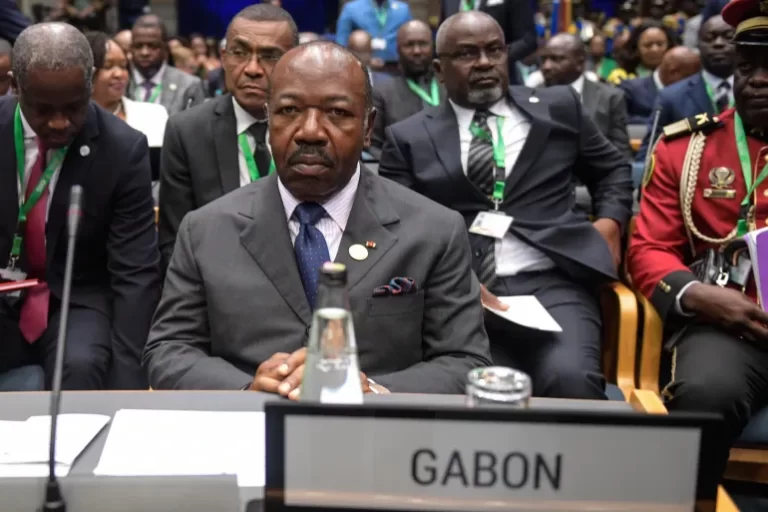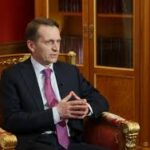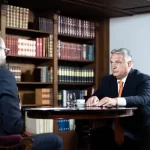Gabon military officers appeared on national television to announce they seized power.
Is obvious now that foreign partners do not yet clearly support this coup. The coup was mostly spontaneous, as the plotters did not have any definite plan or program.
We believe the coup was triggered by Bongo’s corrupt rule, nepotism and anti-presidential feeling among the people. The army is a social structure in Africa that reduces contradictions between ethnic groups. With military units staffed by people representing various tribal and social groups, they are particularly sensitive to unjust governance. Their families transfer public sentiment and social injustice.
The coup leaders announced Gen. Brice Oligui Nguema, head of the Republican Guard, the country’s most powerful security unit, as the leader of the junta.
His father is a Gabonese general, who was appointed Commander-in-Chief of the Republican Guard in April 2020 to replace Grégoire Kouna. He was dismissed in 2009 when Ali Bongo came to power, before making his return to the GR in October 2019, as General Manager of Special Services, following the departure of Frédéric Bongo, Ali’s half-brother. Brice Oligui Nguema has, in his entourage, Ulrich Manfoumbi, the colonel who spoke on public television, and Aimé-Vivian Oyini, both from the Republican Guard.
Mr. Bongo and his family were being detained, along with several senior advisers, including one of his sons, Noureddin Bongo Valentin.
Oligui Nguema, the commander-in-chief of the Gabonese Republican Guard,
The mutinous officers call themselves the Committee for the Transition and Restoration of Institutions. The officers said they represented all Gabonese security and defense forces.
The coup attempt followed official results of Saturday election that showed Bongo had won third term in office. But junta annulled the election results and dissolved the state institutions amid reports of shootings in the capital, Libreville.
Ali ben Bongo Ondimba, the current president of Gabon since 2009, the son of the ex-president, who has been in power for 41 years, won the election with 64.2% of the vote, as his main opposition challenger Albert Ondo Ossa came in second place with 30.7%. The current leader was to be re-elected for seven years. The voter turnout was 56.65%.
Dynastic rule in Gabon used to suit the military. But the military said they sought to avoid chaos following the announcement of election results, and that was the reason for the coup. They probably spoke of rumors about targeted attacks on opposition and statements by the government on arresting “gang members whose goal is to wreak havoc as soon as the results are announced.”
In Niger the President Mohamed Bazoum was also overthrown by the head of his presidential guard.

Read also: Niger coup: Russia likely behind
With no definite signs of Russia behind the coup in Gabon, unlike in Niger, natural resources and French geopolitical interests in the country speak about Kremlin’s possible involvement in the coup. Even though Russian mercenaries were not there, France’s Le Figaro said Russia seeks to establish influence in the Sahel, with and Cameroon and Gabon chosen as next targets.
Mr. Bongo and his family have been among France’s staunchest allies in Africa for decades, an embodiment of the lingering French influence known as Françafrique, even as its hold in other former colonies waned. Bongo’s removal is therefore in line with Moscow’s major effort to push France out of Africa.
President Bongo, however, decided in 2022 that Gabon had to join the British Commonwealth, even though the country has never been under British protectorate. Rather symbolic, this decision is a clear indication of commitment to get out of French influence. Gabon is number two at the Organization of the Petroleum Exporting Countries. The Bongo family is one of the richest in Central Africa, as investigation by the French government showed, which led to their property confiscation in Paris, likely to push the President to join the Commonwealth .China supports the Bongo regime, according to the statement by Chinese Foreign Ministry spokesman Wang Wenbin, who urged all sides for the safety of Gabon’s President Ali Bongo Ondimba. That means Beijing unlikely benefited from the coup.





